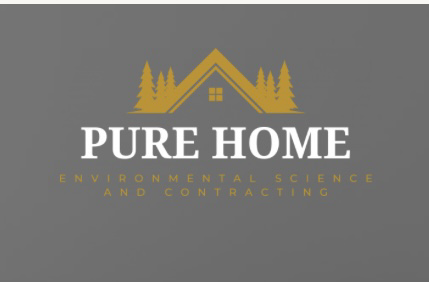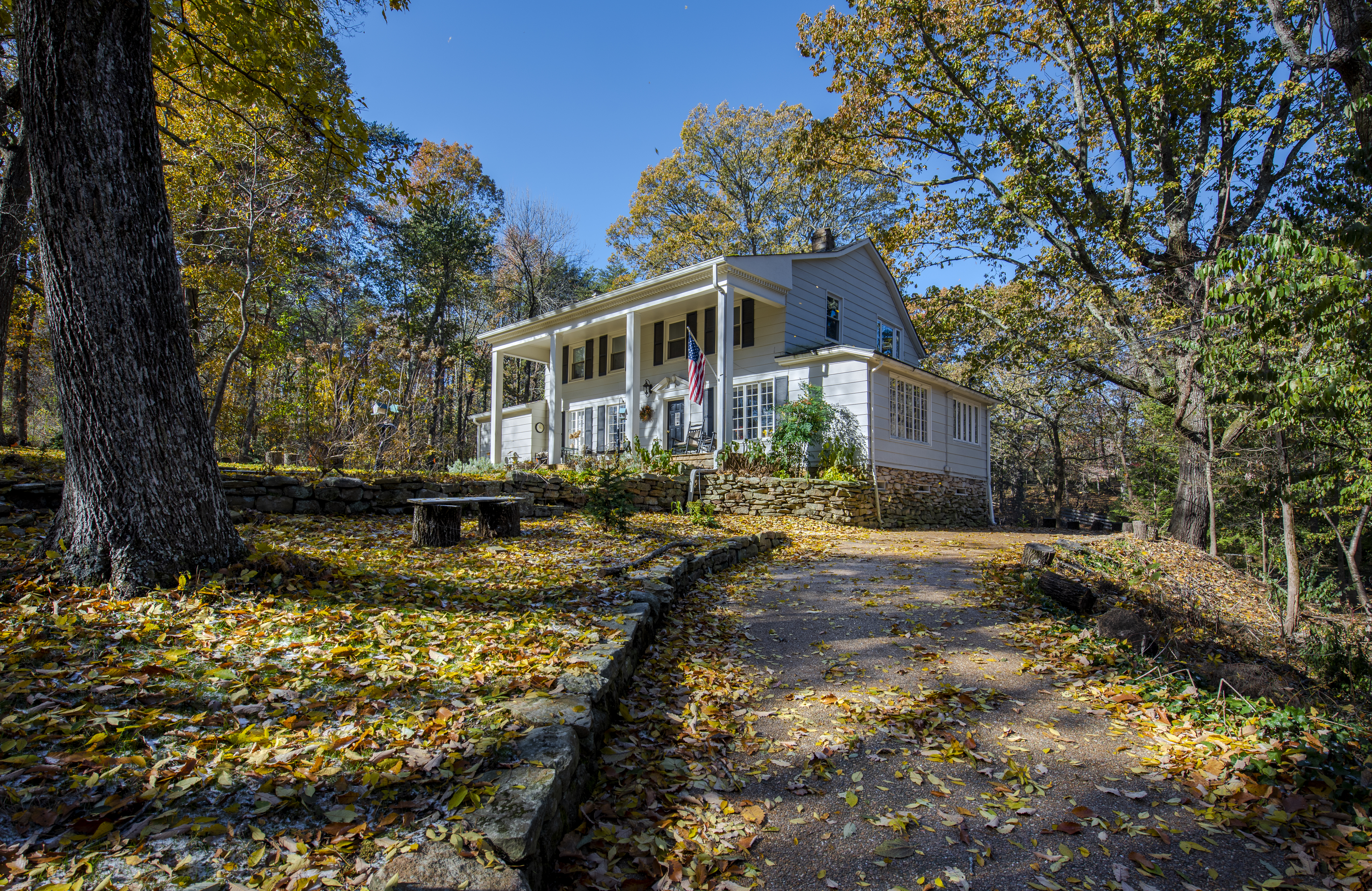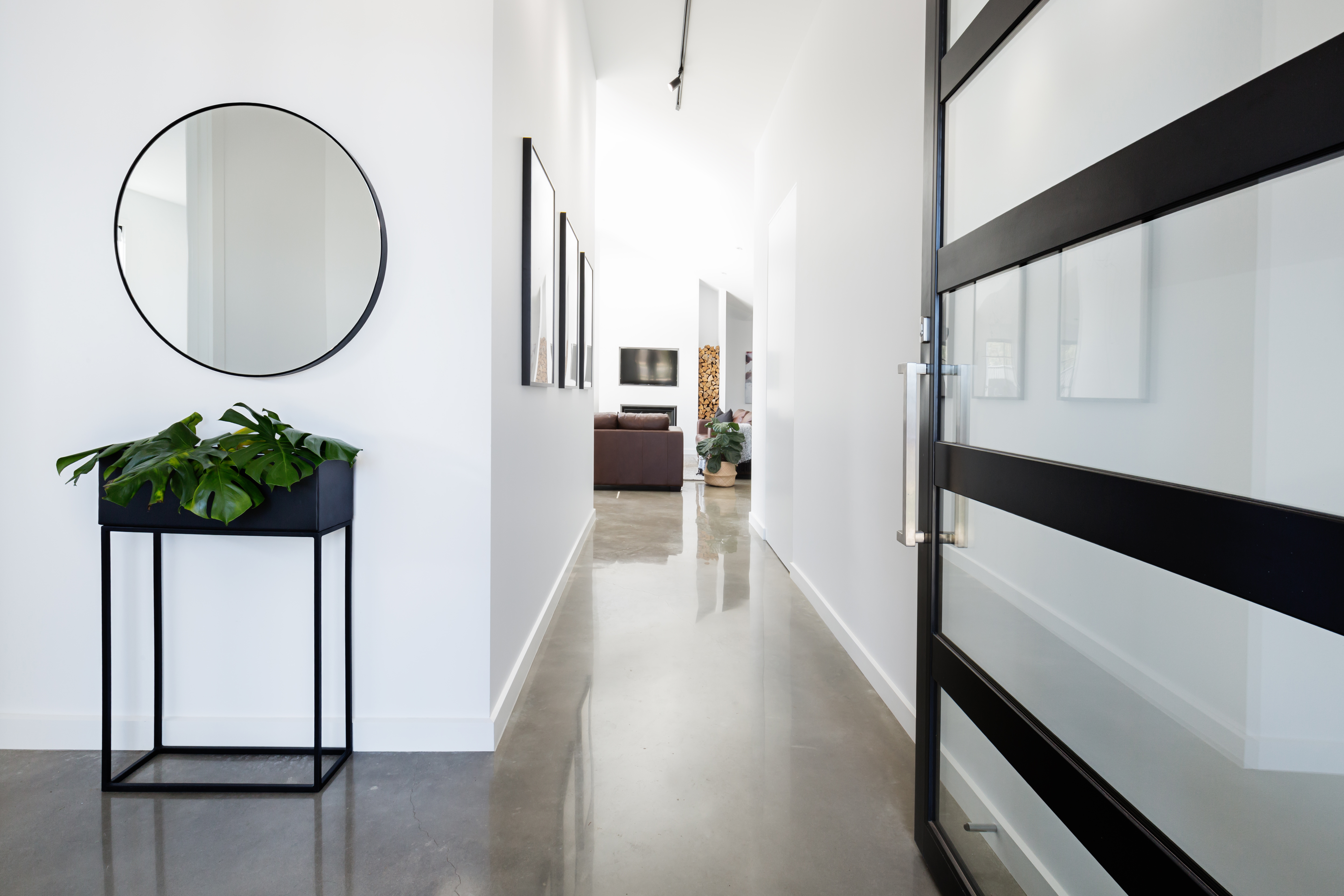
Get matched with top home builders in Troy, NY
Enter your zip and get matched with up to 5 pros
Need a pro for your home building project in Troy, NY?
TRUSTED BY TROY, NY HOMEOWNERS
4.4
Average homeowner rating13
Verified home building services reviews
Verified Reviews for Home Building pros in Troy, NY
*The Angi rating for Home Building companies in Troy, NY is a rating based on verified reviews from our community of homeowners who have used these pros to meet their Home Building needs.
*The HomeAdvisor rating for Home Building companies in Troy, NY is a rating based on verified reviews from our community of homeowners who have used these pros to meet their Home Building needs.
Last update on November 24, 2025
Find Home builders in Troy

M Johnson Contracting
M Johnson Contracting
M Johnson Contracting is a locally owned company specializing in remodels, additions, and custom builds to make your dream home a reality. Whatever the project, M Johnson Contracting has the skills, equipment, and experience to bring your dreams to life. Our passion is revitalizing tired spaces, restoring original beauty, and helping you fall in love with your home again.
"What started as a deck rebuild turned into a three season room addition. Matt and his crew were easy to work with, offered some great suggestions to us, and the finished room is more than we hoped for! We loved his suggestion of putting pine on the vaulted ceiling, and the finish work at the bottom on the outside looks great. Matt took care to match our 20 year old siding, and finish the windows and doors to exactly match the others on the house."
Sarah C on February 2023
M Johnson Contracting is a locally owned company specializing in remodels, additions, and custom builds to make your dream home a reality. Whatever the project, M Johnson Contracting has the skills, equipment, and experience to bring your dreams to life. Our passion is revitalizing tired spaces, restoring original beauty, and helping you fall in love with your home again.
"What started as a deck rebuild turned into a three season room addition. Matt and his crew were easy to work with, offered some great suggestions to us, and the finished room is more than we hoped for! We loved his suggestion of putting pine on the vaulted ceiling, and the finish work at the bottom on the outside looks great. Matt took care to match our 20 year old siding, and finish the windows and doors to exactly match the others on the house."
Sarah C on February 2023

Evolution Drafting
Evolution Drafting
Our firm is a dynamic provider of drafting and house plan services, dedicated to turning your visions into tangible and pleasing structures. With a commitment to excellence, we bring expertise and innovation to every project we undertake. We specialize in comprehensive drafting services tailored to meet diverse client needs. Our offering include: Design: Crafting unique and functional designs that blend creativity with practicality. Drafting Services: Precision and attention to detail in creating accurate and detailed drafts for seamless project execution. 3D Modeling: Bringing designs to life with realistic 3D models that provide a vivid preview of the final structure. Project Management: From concept to completion, we offer end-to-end project management ensuring timely and efficient delivery. Interior Design: Enhancing spaces with innovative interior designs that harmonize aesthetics and functionality. Detail Services Offered: - Building Code Compliance - Construction Documentation - Renovation and Remodeling Plans About our Team: Our team comprises draftsman and project managers, each bringing a unique skill, style and experience to the table. Collaborative teamwork and alliance is at the core of our success, ensuring a holist approach to every project. We take pride in our commitment to delivering high-quality work on every project. Our rigorous quality control measures, pays attention to client requirements, and adherence to industry standards are the cornerstones of our success. Your satisfaction is our top priority and guarantee. At Evolution Drafting, we don't design structures; we create environments that inspire and endure. Work with us and experience the art of living.
"slow response times. no onsite visit, so had to confirm all measures myself. good product in the end."
Jim E on September 2025
Our firm is a dynamic provider of drafting and house plan services, dedicated to turning your visions into tangible and pleasing structures. With a commitment to excellence, we bring expertise and innovation to every project we undertake. We specialize in comprehensive drafting services tailored to meet diverse client needs. Our offering include: Design: Crafting unique and functional designs that blend creativity with practicality. Drafting Services: Precision and attention to detail in creating accurate and detailed drafts for seamless project execution. 3D Modeling: Bringing designs to life with realistic 3D models that provide a vivid preview of the final structure. Project Management: From concept to completion, we offer end-to-end project management ensuring timely and efficient delivery. Interior Design: Enhancing spaces with innovative interior designs that harmonize aesthetics and functionality. Detail Services Offered: - Building Code Compliance - Construction Documentation - Renovation and Remodeling Plans About our Team: Our team comprises draftsman and project managers, each bringing a unique skill, style and experience to the table. Collaborative teamwork and alliance is at the core of our success, ensuring a holist approach to every project. We take pride in our commitment to delivering high-quality work on every project. Our rigorous quality control measures, pays attention to client requirements, and adherence to industry standards are the cornerstones of our success. Your satisfaction is our top priority and guarantee. At Evolution Drafting, we don't design structures; we create environments that inspire and endure. Work with us and experience the art of living.
"slow response times. no onsite visit, so had to confirm all measures myself. good product in the end."
Jim E on September 2025

C & J Custom Builders Inc
C & J Custom Builders Inc
C & J is a local family owned building and remodeling company. We provide the highest quality of workmanship for all of your home renovation and remodeling projects. Handling all aspects of the construction process, we minimize the need for multiple contractors and assure your project runs smooth and efficiently. We use only the top quality products and go above and beyond to deliver craftsmanship you can have confidence and pride in.
"They person came over looked at the work gave me a quote and started the work. He removed all the old wood and replaced it with new."
Gary O on October 2021
C & J is a local family owned building and remodeling company. We provide the highest quality of workmanship for all of your home renovation and remodeling projects. Handling all aspects of the construction process, we minimize the need for multiple contractors and assure your project runs smooth and efficiently. We use only the top quality products and go above and beyond to deliver craftsmanship you can have confidence and pride in.
"They person came over looked at the work gave me a quote and started the work. He removed all the old wood and replaced it with new."
Gary O on October 2021
Bowen Ridge Construction
Bowen Ridge Construction
We are a full service building and remodeling contractor. We have been in the construction industry for more than 20 years. We remodel all aspects of your home, Kitchens, Baths, living areas and so much more. We also will build new homes, decks, garages, and out buildings. Our ability to accurately price jobs, puts us in a league of our own. We have the Best People, Best Products, Best Results, Everytime. Come experience the differences.
"Joe and his team put a beautiful addition on to my house. He did a great job of communicating and worked with us on pricing throughout. I would recommend him without hesitation."
Jesse Y on May 2024
We are a full service building and remodeling contractor. We have been in the construction industry for more than 20 years. We remodel all aspects of your home, Kitchens, Baths, living areas and so much more. We also will build new homes, decks, garages, and out buildings. Our ability to accurately price jobs, puts us in a league of our own. We have the Best People, Best Products, Best Results, Everytime. Come experience the differences.
"Joe and his team put a beautiful addition on to my house. He did a great job of communicating and worked with us on pricing throughout. I would recommend him without hesitation."
Jesse Y on May 2024

RIATY REMODELING AND CONSTRUCTION LLC
RIATY REMODELING AND CONSTRUCTION LLC
We proudly serves it's customers with pride, integrity and attention to the details that matter most to you. This is one of the many things that sets us apart from the rest. We are locally owned and operated. Give us a call today!
"Started off good ended with unsatisfactory work"
Trish M on June 2025
We proudly serves it's customers with pride, integrity and attention to the details that matter most to you. This is one of the many things that sets us apart from the rest. We are locally owned and operated. Give us a call today!
"Started off good ended with unsatisfactory work"
Trish M on June 2025

Crown Jewel Development Group
Crown Jewel Development Group
We focus on land Development and miscellaneous construction / site work services. We are looking to expand our services.
We focus on land Development and miscellaneous construction / site work services. We are looking to expand our services.

IndigoSky Construction
IndigoSky Construction
Indigo Sky Construction, let us help you have a stress-free experience! *Fences-Install or repairs *Decks-Install or repairs *Porches-Install or repairs *Concrete work-all types (including stamp work), installs or repairs *Inground pools-including concrete work, installing the pool and liner or tile. *Interior renovations (Kitchens, bathrooms, flooring) *AND MORE, just ask us! We are owner-operated and have been in business since 2021. What makes us stand out are our competitive prices, pride in our work, our professionalism, willingness to work with customers, and our quick response to customer inquiries. As well as our backgrounds in construction, real estate, flipping, customer service and more! We love helping people make their dreams, ideas, or repairs come to life as stress free and smooth as possible.
Indigo Sky Construction, let us help you have a stress-free experience! *Fences-Install or repairs *Decks-Install or repairs *Porches-Install or repairs *Concrete work-all types (including stamp work), installs or repairs *Inground pools-including concrete work, installing the pool and liner or tile. *Interior renovations (Kitchens, bathrooms, flooring) *AND MORE, just ask us! We are owner-operated and have been in business since 2021. What makes us stand out are our competitive prices, pride in our work, our professionalism, willingness to work with customers, and our quick response to customer inquiries. As well as our backgrounds in construction, real estate, flipping, customer service and more! We love helping people make their dreams, ideas, or repairs come to life as stress free and smooth as possible.
Northern Builder and Son LLC
Northern Builder and Son LLC
New Construction Framing, New construction projects, Home Remodeling, Painting/Staining (interior/exterior), New deck construction and restoration/repair. All phase construction. Attentiveness to the customers wants and needs is our priority I do not allow corners to be cut or shortcuts to be taken I believe in quality work. Veteran owned and operated small company, 12 years field experience in the trades.
New Construction Framing, New construction projects, Home Remodeling, Painting/Staining (interior/exterior), New deck construction and restoration/repair. All phase construction. Attentiveness to the customers wants and needs is our priority I do not allow corners to be cut or shortcuts to be taken I believe in quality work. Veteran owned and operated small company, 12 years field experience in the trades.

Pure home enviromental construction
Pure home enviromental construction
General contractor specializing in and and all in home and property needs. We guarantee your satisfaction, and we won’t leave until the job is done right. We pride ourselves on the quality of work we provide, while delivering great customer service! Check out all the services we offer below and call -or- click to schedule an estimate today!
"Their work was top-notch. The crew worked quickly to remediate the damage. They were professional, showed up when they said they would, and their attention to detail was amazing. Todd was great at explaining my options and guiding me through the insurance maze during a stressful time. I am so happy with the work they did and highly recommend them. I wouldn’t hesitate for a second about hiring them for any future projects."
Lisa L on April 2024
General contractor specializing in and and all in home and property needs. We guarantee your satisfaction, and we won’t leave until the job is done right. We pride ourselves on the quality of work we provide, while delivering great customer service! Check out all the services we offer below and call -or- click to schedule an estimate today!
"Their work was top-notch. The crew worked quickly to remediate the damage. They were professional, showed up when they said they would, and their attention to detail was amazing. Todd was great at explaining my options and guiding me through the insurance maze during a stressful time. I am so happy with the work they did and highly recommend them. I wouldn’t hesitate for a second about hiring them for any future projects."
Lisa L on April 2024
Helping Hand
Helping Hand
Helping Hand services can help any home and anybody complete a project on their property and in their home. Water management drainage, driveways and walkways, landscape and hardscape projects (exterior patios), and all interior and exterior home remodeling and repair. Home improvements including siding, deck construction, new windows and home remodeling. Please contact us for your next project. We have great relationships with other contractors and are happy to help.
Helping Hand services can help any home and anybody complete a project on their property and in their home. Water management drainage, driveways and walkways, landscape and hardscape projects (exterior patios), and all interior and exterior home remodeling and repair. Home improvements including siding, deck construction, new windows and home remodeling. Please contact us for your next project. We have great relationships with other contractors and are happy to help.
The Troy, NY homeowners’ guide to home building services
From average costs to expert advice, get all the answers you need to get your job done.
The average cost of a yurt is $35,000, but the price can vary depending on the size, building materials, and number of add-on features.
 •
•Get transparent shed repair cost info so you can learn average prices, cost factors, and ways to save on shed repairs for your home.
 •
•Use our home demolition cost calculator to estimate your project’s price and learn what factors impact the total cost before you start your demolition.
 •
•Discover the cost to build a saltbox house. Learn about price factors, regional variations, and ways to save on your saltbox home construction project.

A villa can be a single-story house or a luxury home with a pool. Here’s a full breakdown of how much it costs to build a villa based on size and style.
 •
•Discover the cost to build a modern-style home, including average prices, key factors, and tips to help you plan your project with confidence.
- Green Island, NY Home builders
- Cohoes, NY Home builders
- Watervliet, NY Home builders
- Waterford, NY Home builders
- Poestenkill, NY Home builders
- Wynantskill, NY Home builders
- Latham, NY Home builders
- Melrose, NY Home builders
- Menands, NY Home builders
- Loudonville, NY Home builders
- West Sand Lake, NY Home builders
- Cropseyville, NY Home builders
- Colonie, NY Home builders
- Averill Park, NY Home builders
- Rensselaer, NY Home builders
- Clifton Park, NY Home builders
- Schaghticoke, NY Home builders
- Valley Falls, NY Home builders
- East Greenbush, NY Home builders
- Niskayuna, NY Home builders
- Mechanicville, NY Home builders
- Stillwater, NY Home builders
- Glenmont, NY Home builders
- Guilderland, NY Home builders
- Round Lake, NY Home builders
- Slingerlands, NY Home builders
- Johnsonville, NY Home builders
- Alplaus, NY Home builders
- Petersburg, NY Home builders




